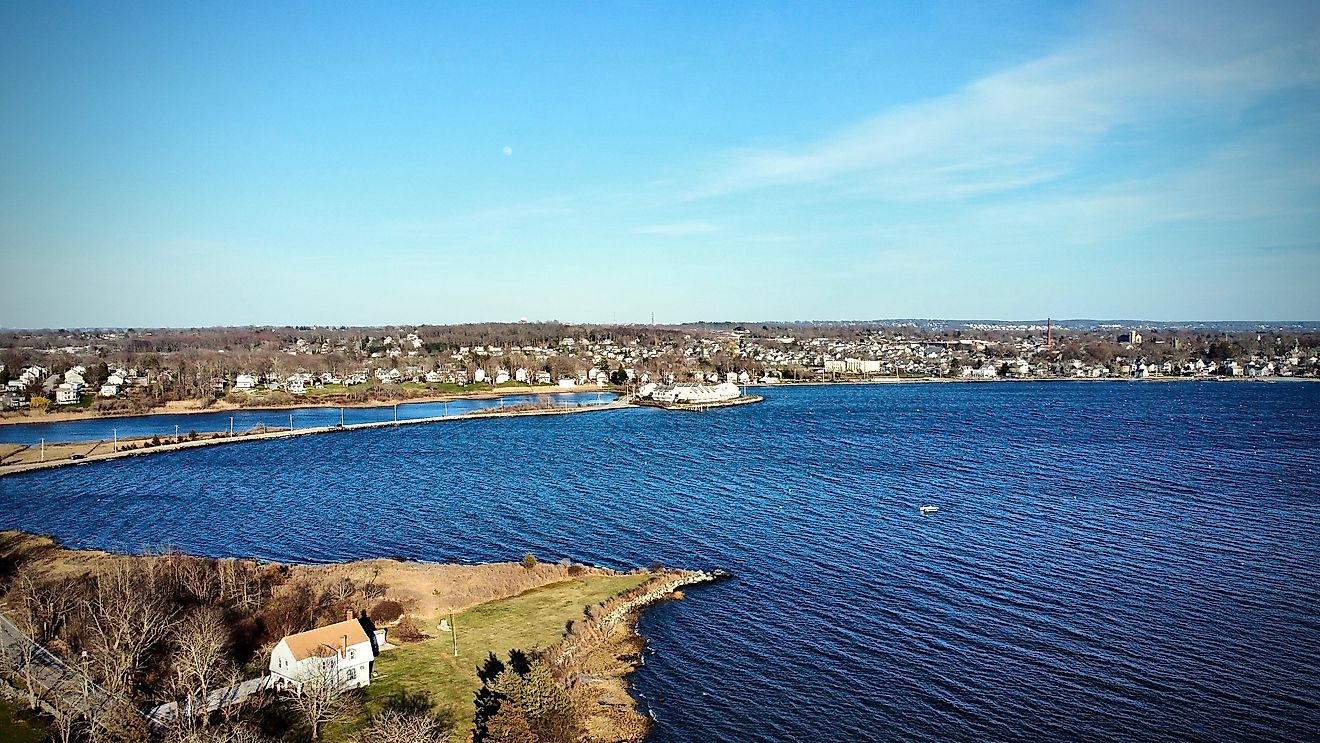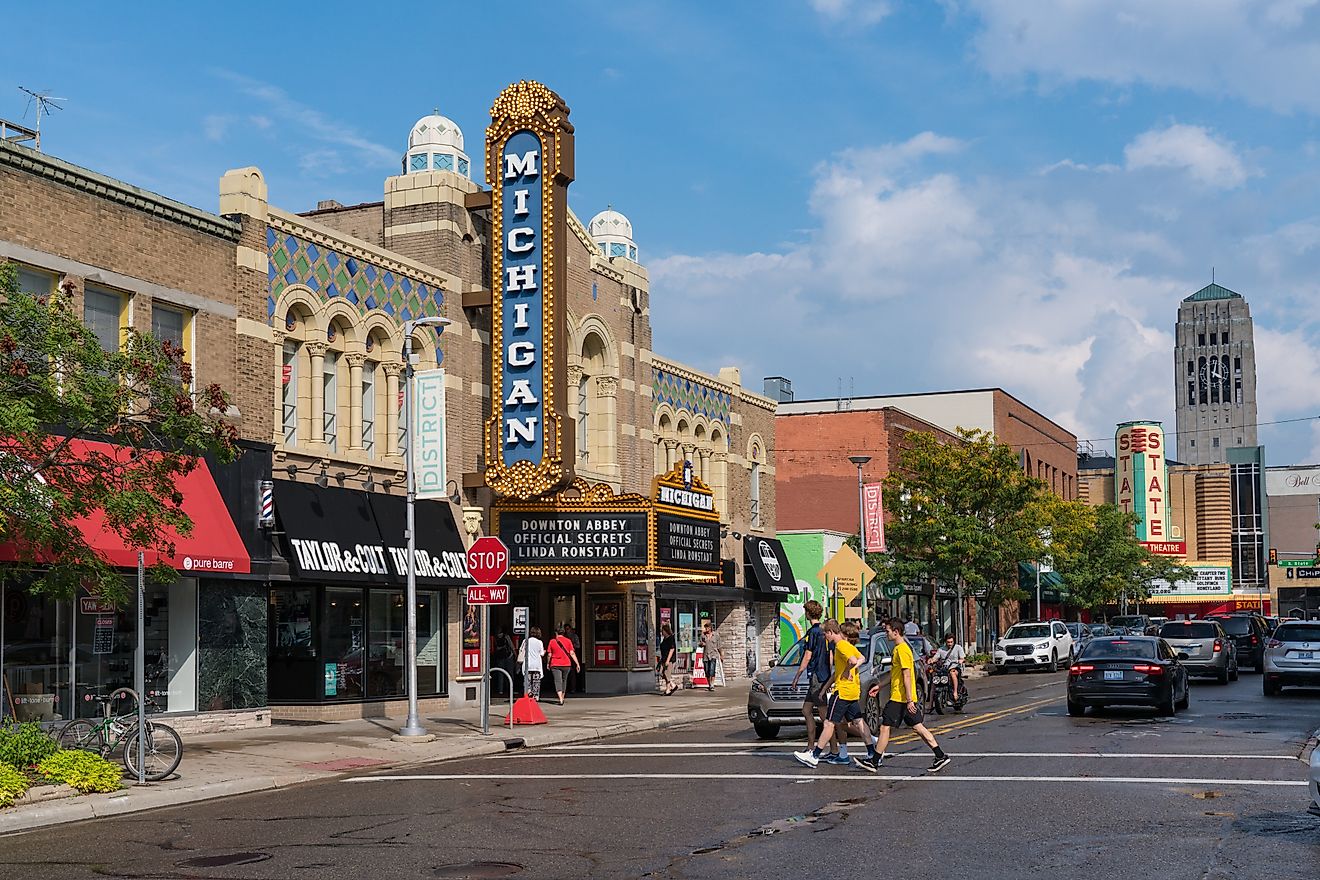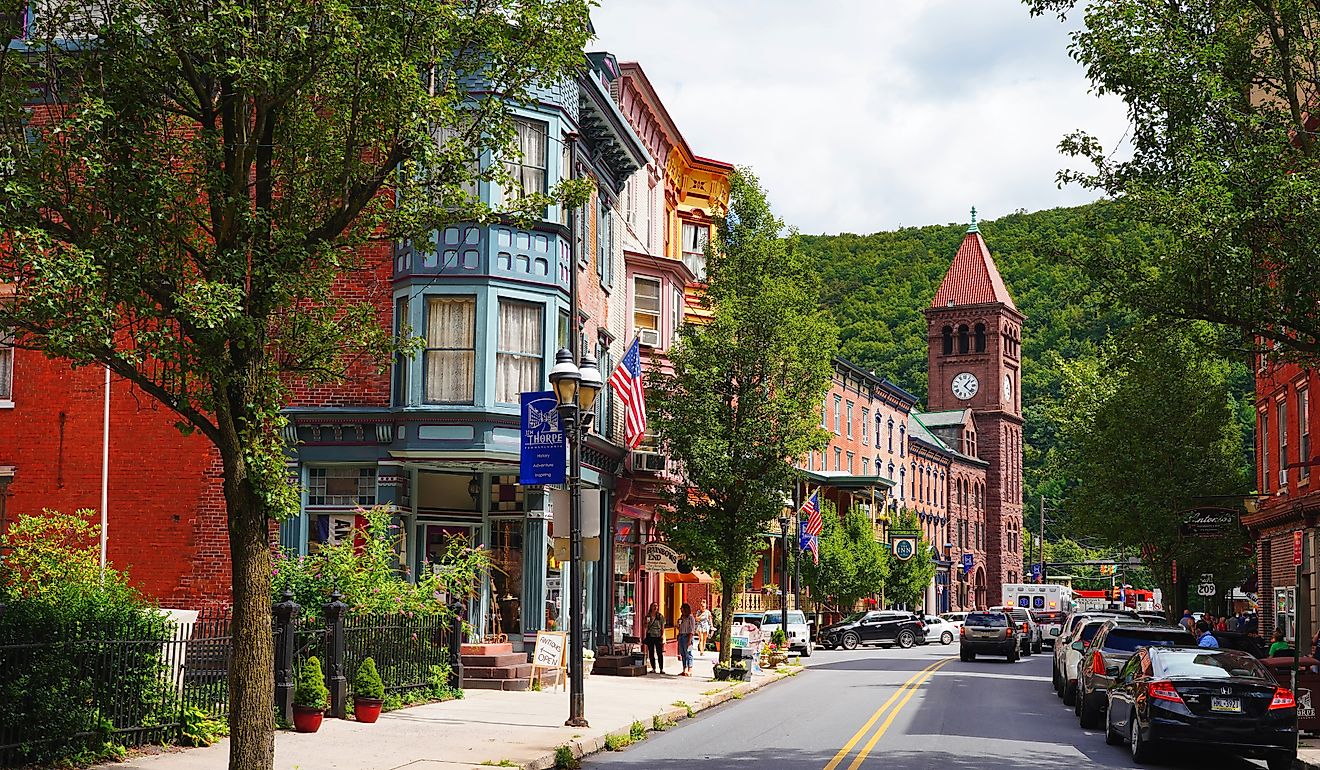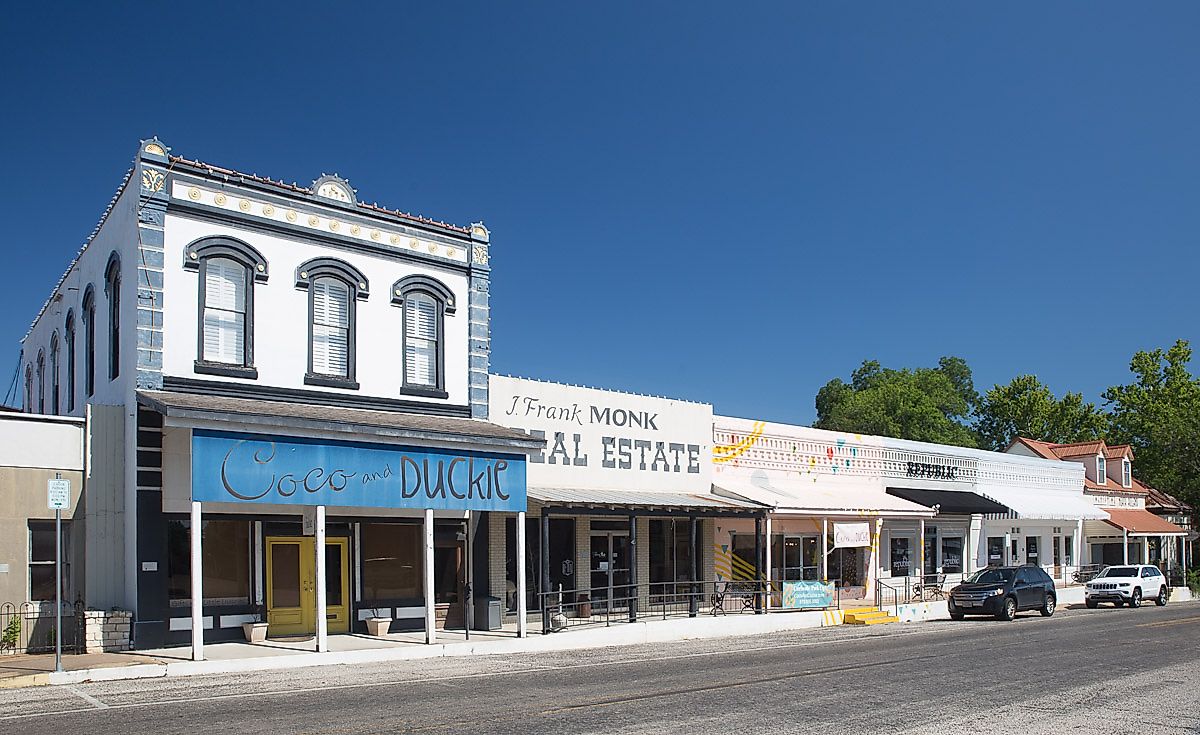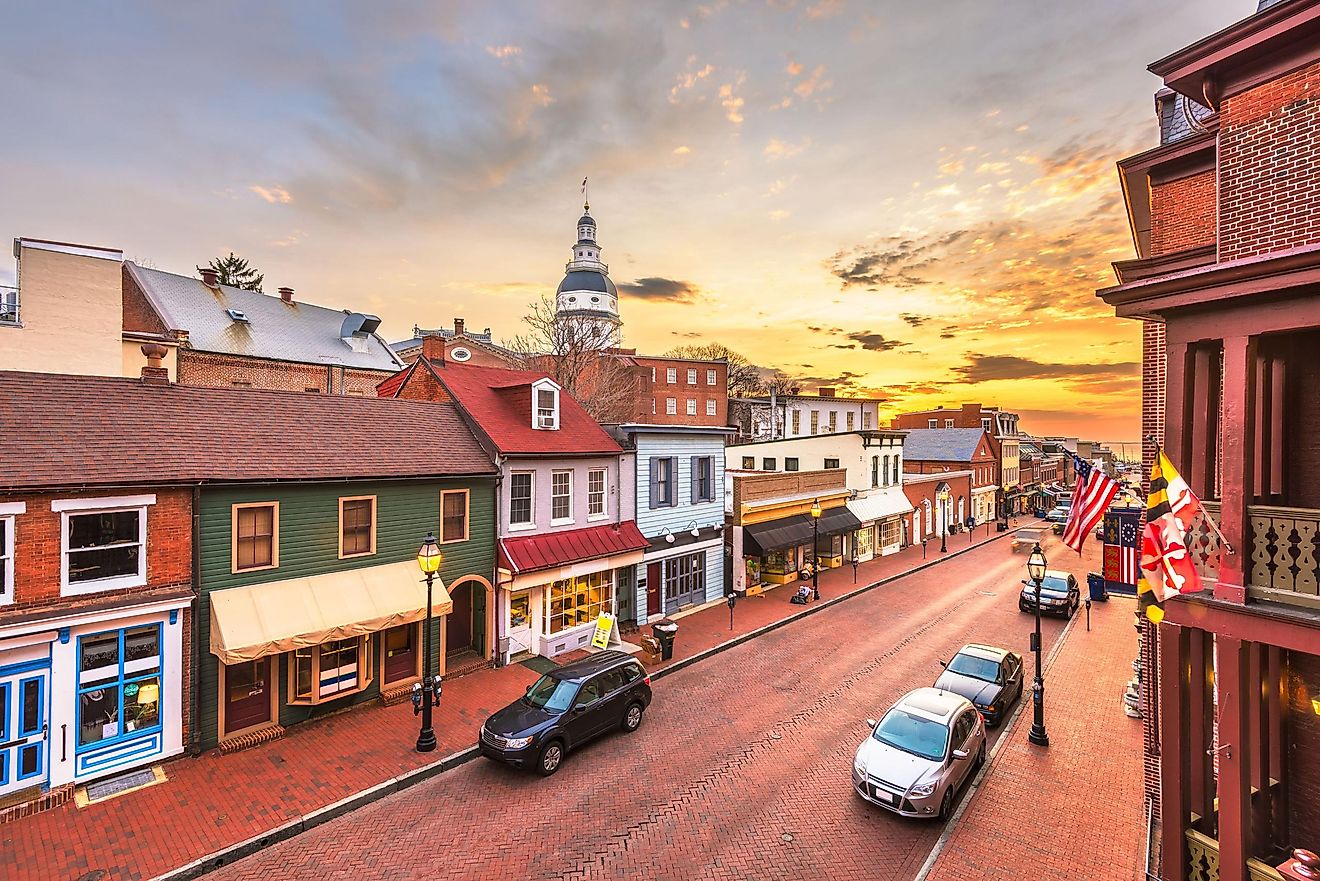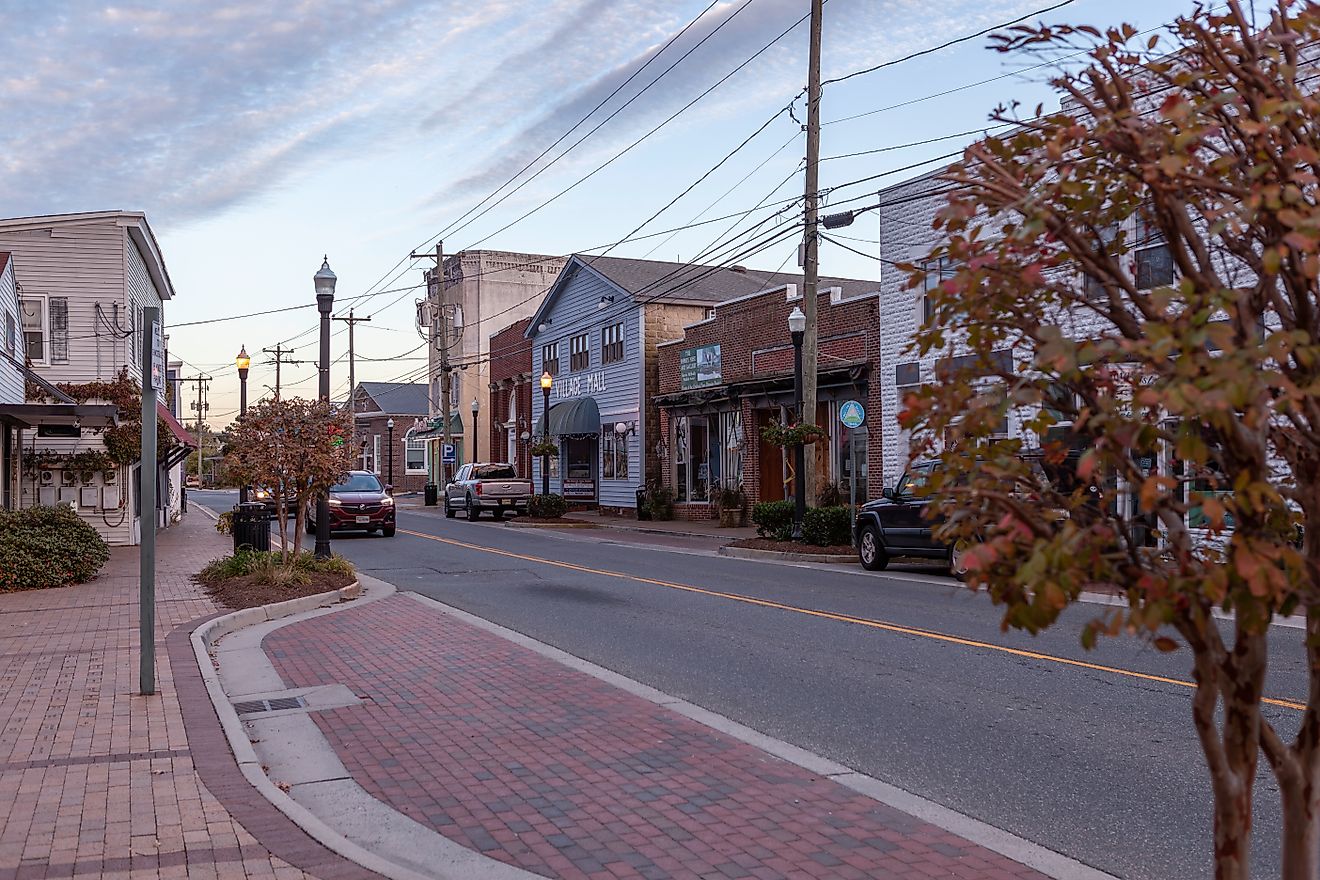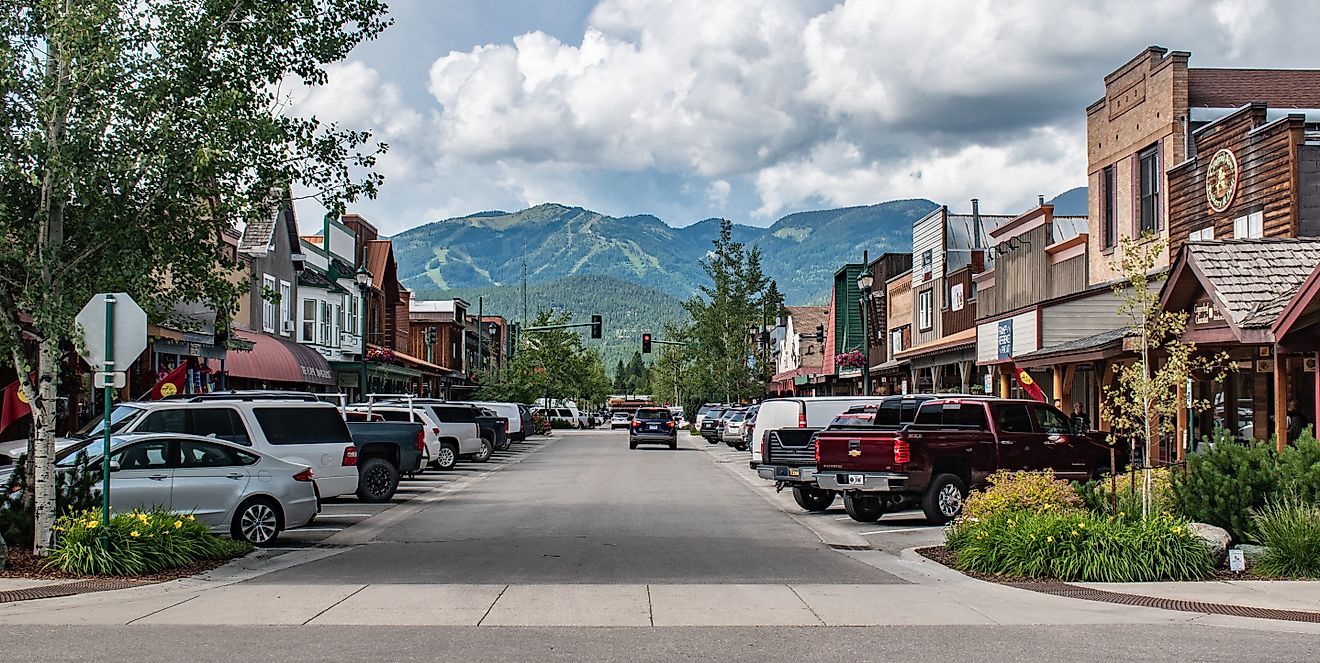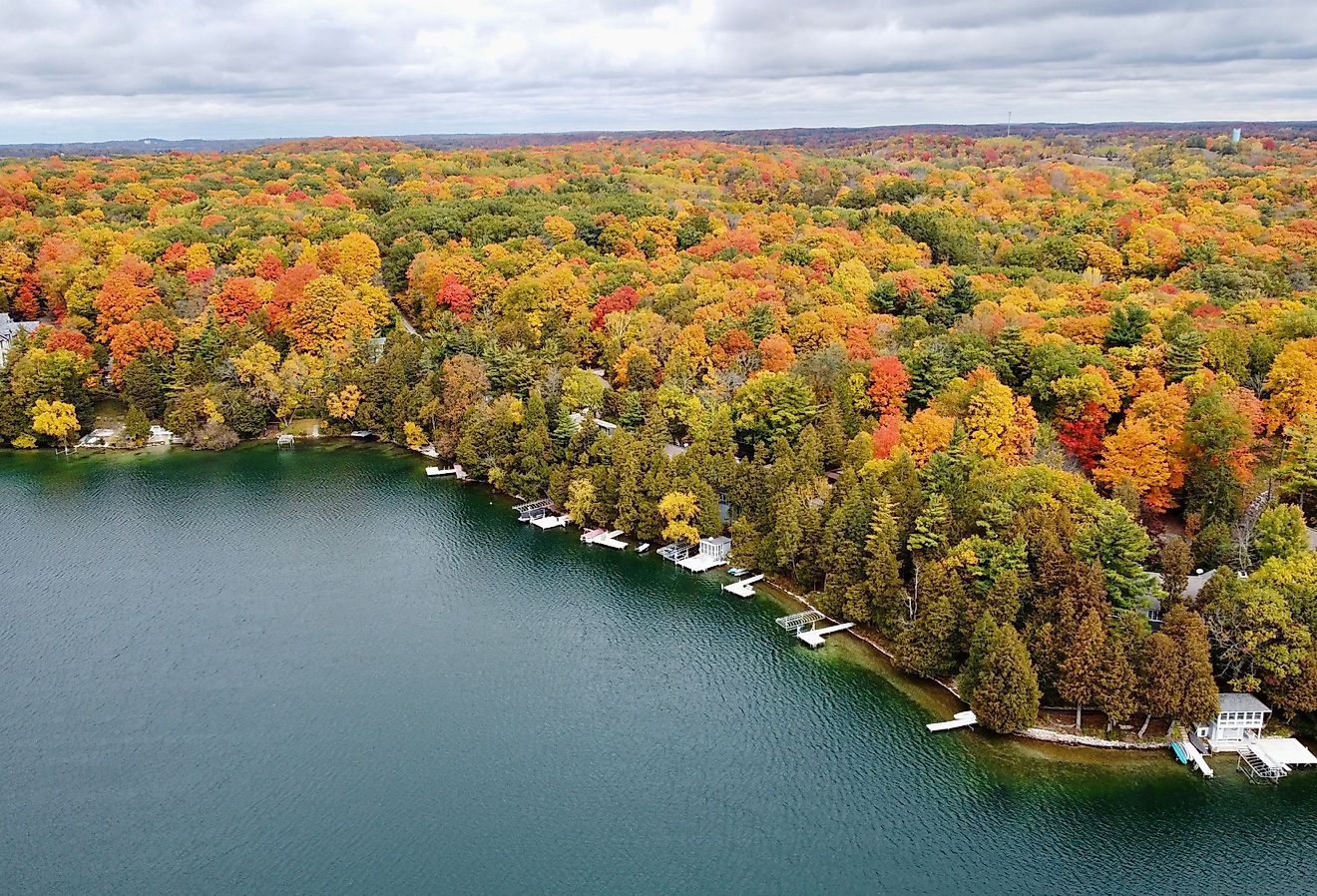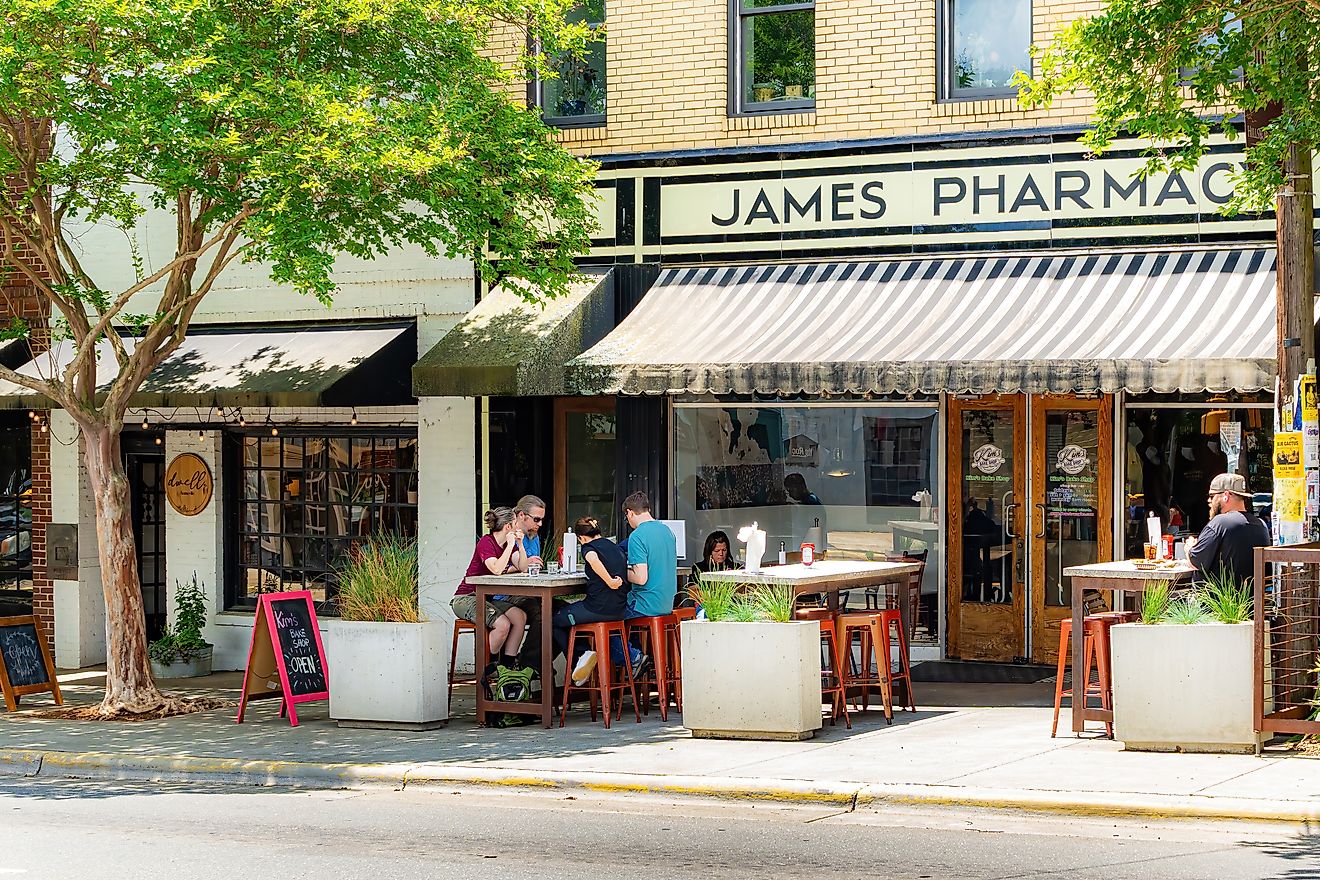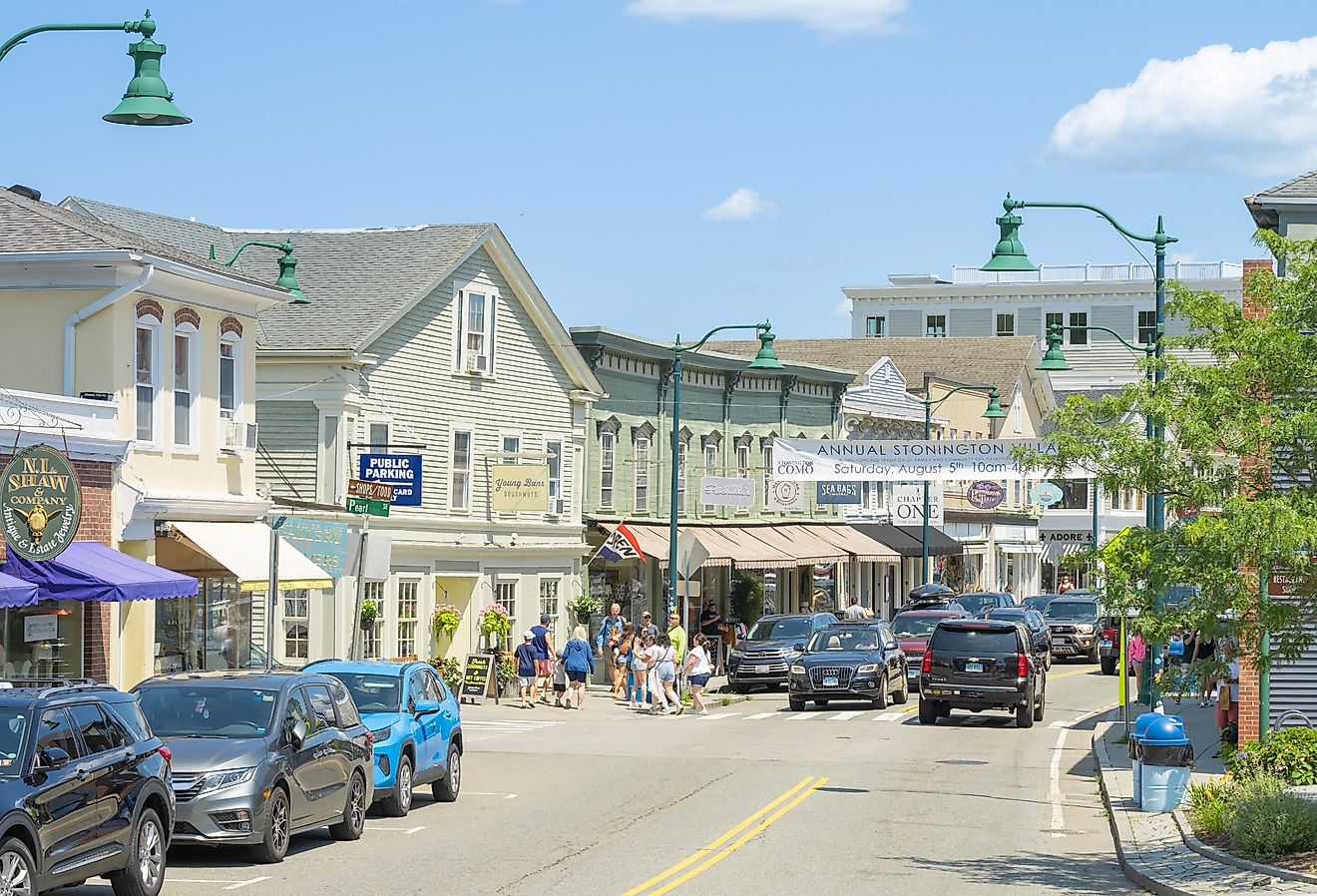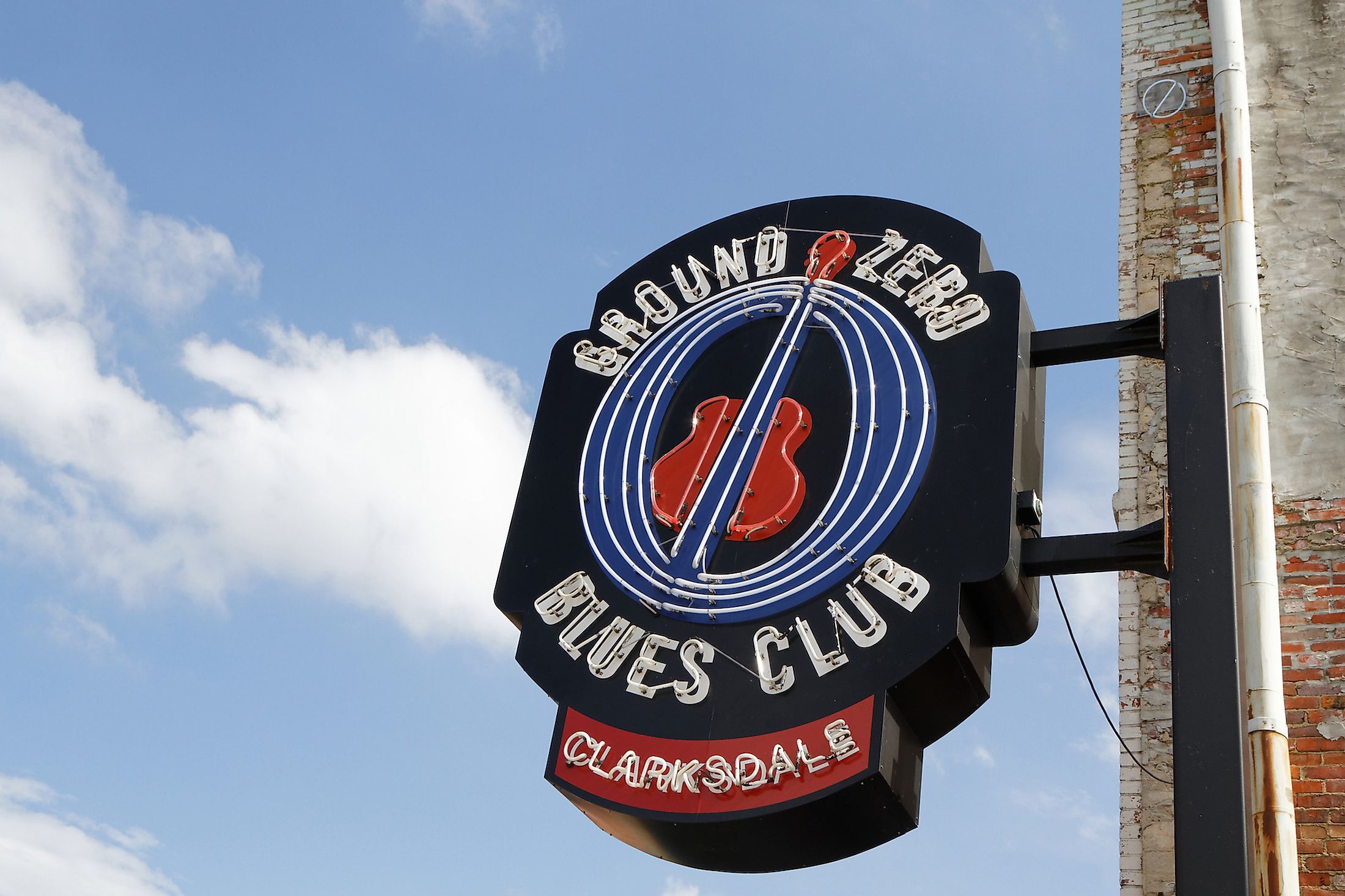
Clarksdale, Mississippi
Clarksdale is a town in the US state of Mississippi; a town with a lot of historical significance. Founded in the mid-19th century and located in a region known as the Mississippi Delta, Clarksdale is forever etched into the history of music. It is regarded as the birthplace of the Blues, a musical style that influenced much of today’s popular music, especially rock and roll. Many of Clarksdale’s attractions are related to the town’s role in creating music history, though the town has also played a role in the civil rights movement.
Geography Of Clarksdale
Clarksdale is bisected by the Big Sunflower River, which flows through the middle of the town. The town is surrounded by other, smaller towns and unincorporated communities. The town of Lyon is adjacent to the northeast city limits of Clarksdale. The Mississippi River is located to the west. The city of Memphis, Tennessee is located about 127 km to the north of Clarksdale, and Jackson, the capital of Mississippi, is situated approximately 247 km to the south. The total area of Clarksdale is 36 sq. km.
Population And Economy Of Clarksdale
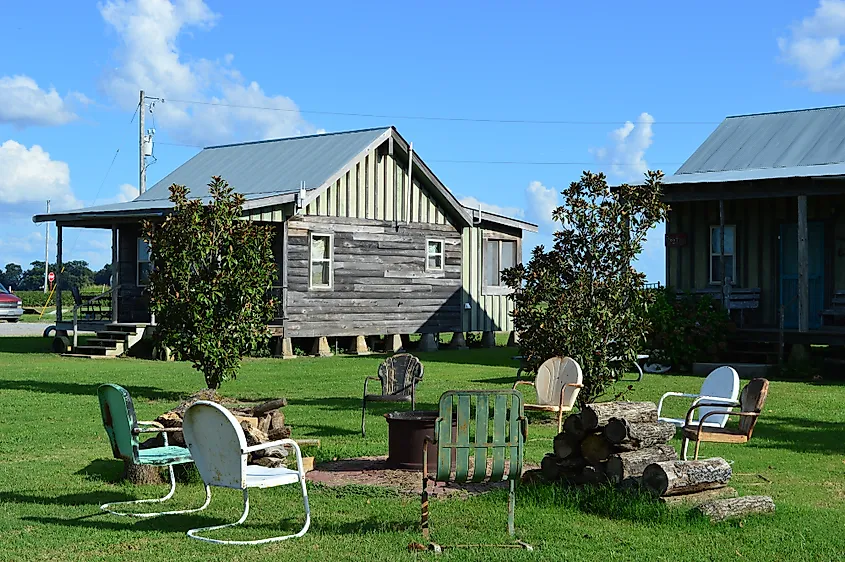
Clarksdale boasts a population of 14,140. The overwhelming majority of the town’s residents, 81.84% are African American. Whites make up 16.73% of Clarksdale’s population, and people of other racial backgrounds comprise the rest. English is the sole language spoken by 98.4% of Clarksdale residents. More than 99% of people in Clarksdale were born in the United States, and 87.93% were born in the state of Mississippi.
Clarksdale is a relatively poor town. The poverty rate is above 35%, and the average annual earnings in the town are just $22,677. The largest industries in Clarksdale are healthcare & social assistance, educational services, and manufacturing, though the highest paying industry in the town is wholesale trade.
History Of Clarksdale
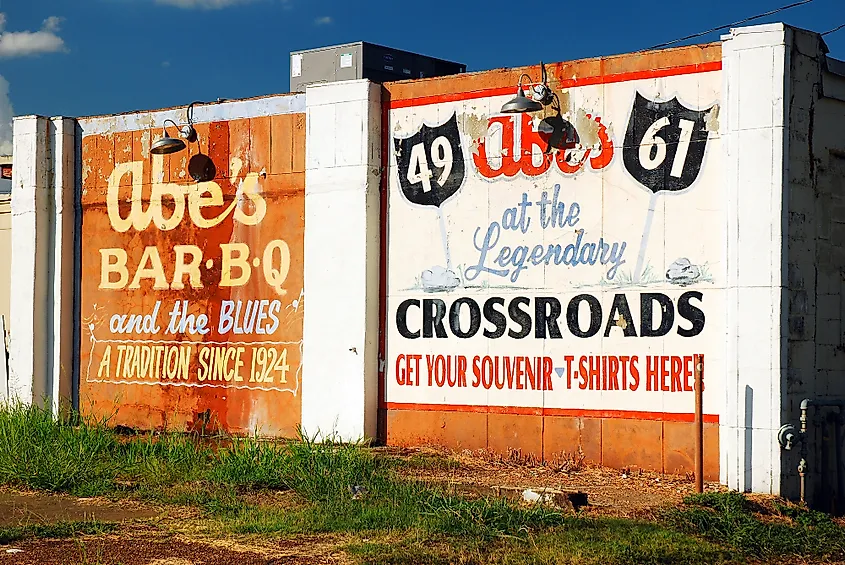
Before Europeans arrived in what is now Clarksdale, the area was populated by the Choctaw and Chickasaw Native Americans. In 1830, a treaty was signed between the Choctaw Nation and the US government in which the former were forced to cede 45,000 sq. km of their territory to the latter, and relocated to Indian Territory (present-day Oklahoma). A similar arrangement forced the Chickasaw to relocate to Indian Territory beginning in 1837. Clarksdale was established in the territory ceded by the Choctaw and Chickasaw peoples. The town was founded in 1848 by John Clark, for whom it is named. He bought land in the area and opened up a timber business, which eventually became a trading center. In 1868, Clark laid out plans for a village, which was initially named Clarksville. The town was officially incorporated in 1882.
Clarksdale grew to be a prosperous town thanks to the cotton trade and associated businesses. In addition to their work cultivating and processing cotton, the African American slaves on the plantations worked as artisans. They also cultivated and processed produce and livestock on the plantations. When slavery was abolished, many African Americans continued to work on the plantations, though they became sharecroppers or tenant farmers. In 1868, the state of Mississippi passed a new constitution giving suffrage to African Americans and outlawing racial discrimination in regards to property ownership. But just a few years later, these reforms were rolled back and Jim Crow laws mandating segregation between African Americans and whites were passed.
In the early 20th century, Clarksdale was very multicultural, and included people of Lebanese, Italian, Chinese, and Jewish ancestry, in addition to the already-established white plantation owners and African American farm laborers. The Jewish community in Clarksdale became one of the largest Jewish communities in Mississippi from the 1930s to the 1970s. They were primarily immigrants from Eastern Europe. Many of them worked as merchants.
In the mid-20th century, mechanization replaced many of the African American farm laborers. Fleeing poverty and racial discrimination, many of Mississippi’s African Americans, including those in Clarksdale, migrated north to cities like Chicago and St. Louis. This was part of the Great Migration of African Americans that took place between 1916 and 1970. Throughout the 20th century, Clarksdale and the events therein became important to the civil rights movement. Several high-profile lynchings took place in the town. Prominent civil rights activist Martin Luther King Jr. visited the town in 1958 and 1962. In 1960, a local pharmacist named Aaron Henry became the state president for the National Association for the Advancement of Colored People (NAACP). Later on, he organized a boycott of businesses in Clarksdale that lasted two years. In 2013, Clarksdale made national headlines when a mayoral candidate was murdered in what many suspected was a hate crime due to the fact that he was openly gay.
Attractions In Clarksdale
Delta Blues Museum
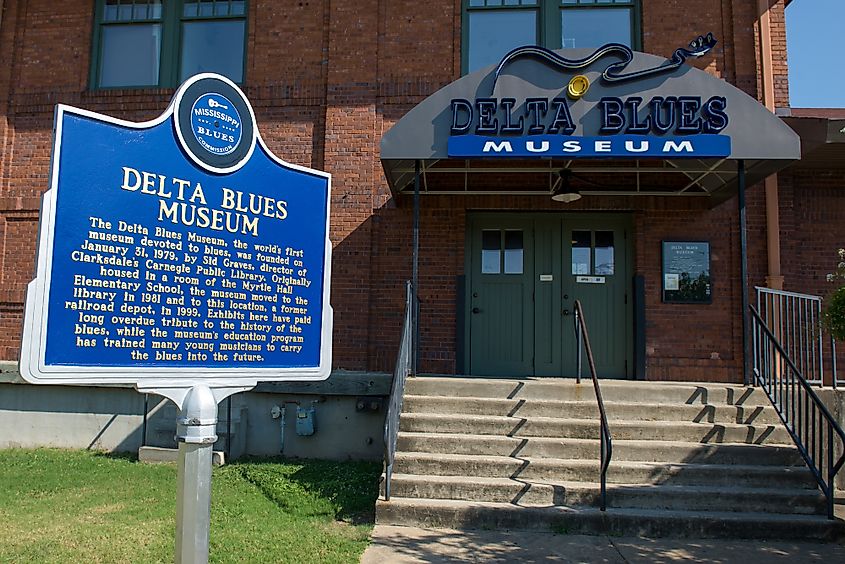
Clarksdale has long been heralded as the birthplace of the Blues. The history of this musical tradition, which dates back to the 1920s, is showcased in a museum known as the Delta Blues Museum. Located at the intersection of Highways 61 and 49, a location nicknamed “The Crossroads”, the museum was established in 1979, and is Mississippi’s oldest music museum. Since 1999, the museum has been housed in the historic Clarksdale freight depot, which was built in 1918, and is itself designated a Mississippi Landmark Property.
Other Clarksdale Attractions
Clarksdale is home to several other museums and galleries, including “Tennessee” Williams Museum, which chronicles the life of famous playwright, Tom “Tennessee” Williams. There is also the North Delta Museum, which features artifacts related to the history of the Mississippi Delta region. Other notable establishments include the Cat Head Delta Blues & Folklore Inc., Hambone Art & Music, the Crossroads Cultural Center, and the Carnegie Public Library.
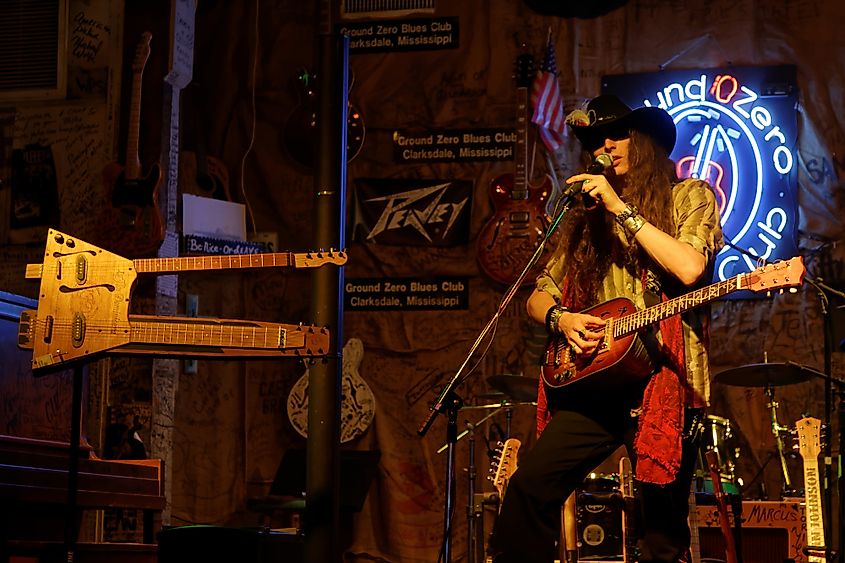
Clarksdale is also home to several music venues that are primarily dedicated to carrying on the town’s famous musical legacy. These include the Bluesberry Café, Hooker Grocer & Eatery, Red’s, the New Roxy, Levon’s Bar & Grill, the Ground Zero Blues Club, Delta Blues Alley Café, and the Bad Apple Blues Club.
Some places in Clarksdale are marked on certain “trails”, each of which is dedicated to showcasing a certain topic in the history of Mississippi. There is the Mississippi Blues Trail, which is, of course, dedicated to the history of the Blues, as well as the Mississippi Freedom Trail, which takes visitors on a journey through the history of the civil rights movement in the state. Other trails with markers in Clarksdale include the Mound Trail, the Country Music Trail, and the Writers Trail.

